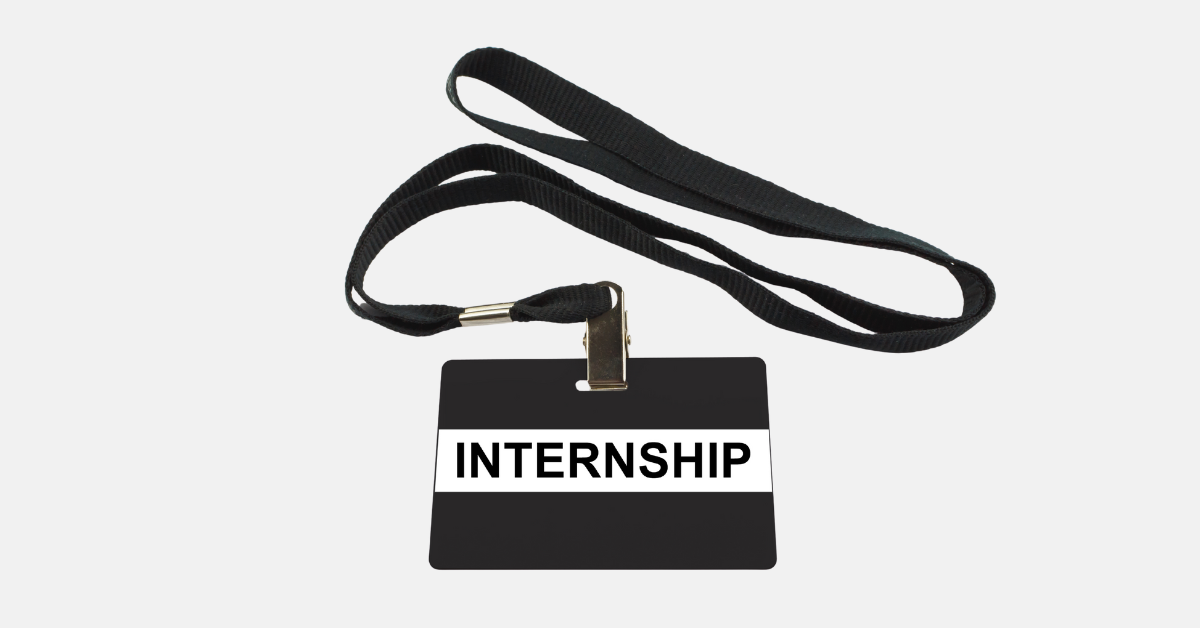An internship can be the perfect bridge between education and full-time employment. For many early-career professionals, the goal is not just to gain experience, but to turn that short-term placement into a long-term opportunity.
Whether you’re interning at a regulatory college, association, or public agency, here’s how to position yourself for a job offer by the time your internship ends.
Treat your internship like a real job
The best way to be seen as a future hire is to act like one from day one. Show up on time, meet deadlines, and follow through on commitments. Demonstrate the professionalism, curiosity, and accountability your supervisors would expect from any staff member. In regulatory workplaces, where public protection is at the core, reliability and ethics matter as much as technical skill.
Learn the organization’s mission and mandate
Every regulator operates under legislation and a public mandate. Understanding how your team’s work contributes to that mandate shows maturity and initiative. Take time to learn about the organization’s governing legislation, key programs, and strategic goals. Ask questions about how your project supports public protection, professional standards, or fair registration practices.
Seek feedback and act on it
Don’t wait for your supervisor to schedule a review. Ask for feedback regularly, listen carefully, and use it to improve. Whether you’re helping with policy research, communications, or licensing administration, showing that you can adapt and grow signals that you’re coachable and ready for a bigger role.
Build professional relationships
Internships are about people as much as they are about work. Build connections across departments and take interest in colleagues’ roles but also look beyond your immediate team. Attend regulatory conferences, workshops, and events where you can meet professionals from other organizations and learn about different areas of regulation.
These relationships often open doors to new opportunities, or even direct referrals when positions become available. For more on how networking can shape your career, read our article Building connections that matter: The value of networking in the regulatory sector.
Take ownership of your projects
Be proactive in suggesting solutions, not just identifying problems. If you see a way to improve a process, document it and share your ideas respectfully. Many interns earn job offers because they helped streamline a workflow, built a useful resource, or created something the team continues to use after they’ve left.
Communicate your interest in staying
Near the end of your placement, don’t assume your supervisor knows you’d like to continue. Express your interest in future openings or contract extensions. Ask what skills or experience would make you a stronger candidate if a role becomes available. Sometimes, simply letting them know you’re eager to stay makes all the difference.
Stay connected even if a position isn’t available yet
If a full-time opportunity doesn’t open up right away, keep in touch. Follow the organization on LinkedIn, congratulate team members on achievements, and express continued interest in upcoming roles. Many regulators prefer to hire people who already understand their work and culture and your internship gives you that advantage.
Turning an internship into a job offer is about showing commitment, initiative, and alignment with the organization’s values. In regulation, where the mandate is public protection, demonstrating that you share that purpose can set you apart from other candidates and might just turn your internship into the first step of a lasting career.
Looking for available positions in the regulatory sector, including internships or want more career insights like this? Subscribe to RegulatoryJobs.org to stay informed about new opportunities and resources across Canada’s professional regulatory sector and beyond.
